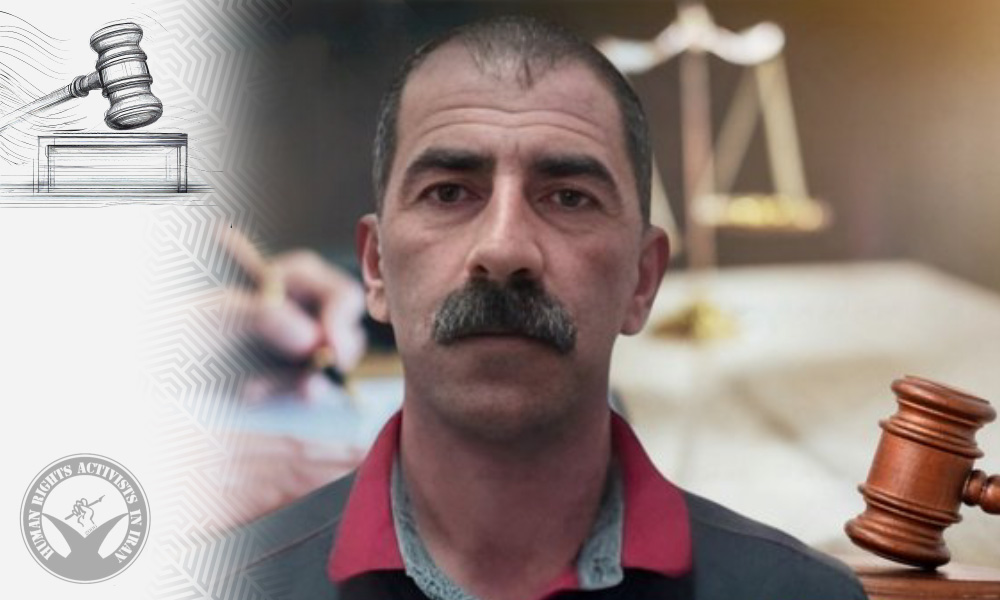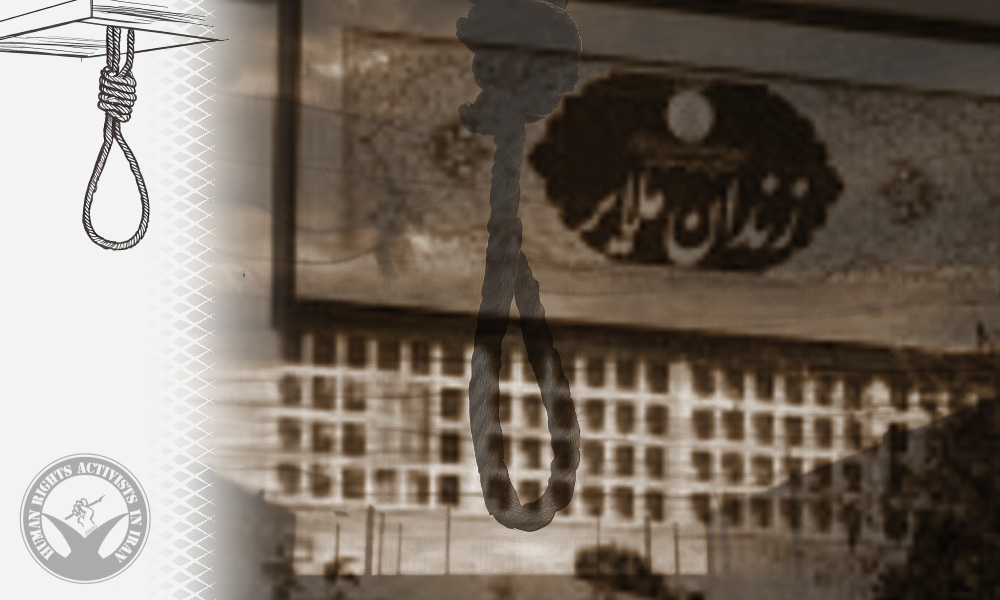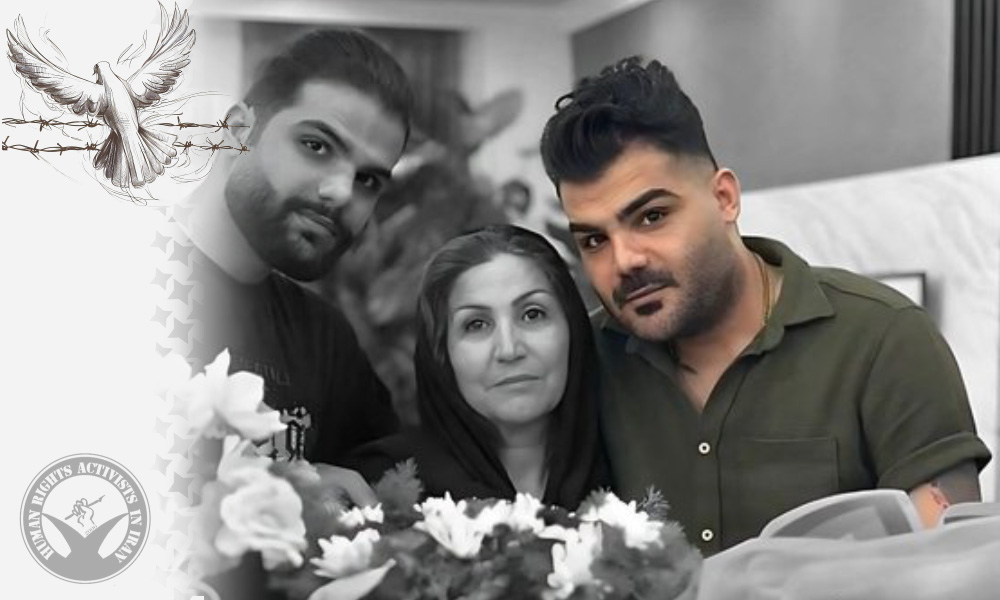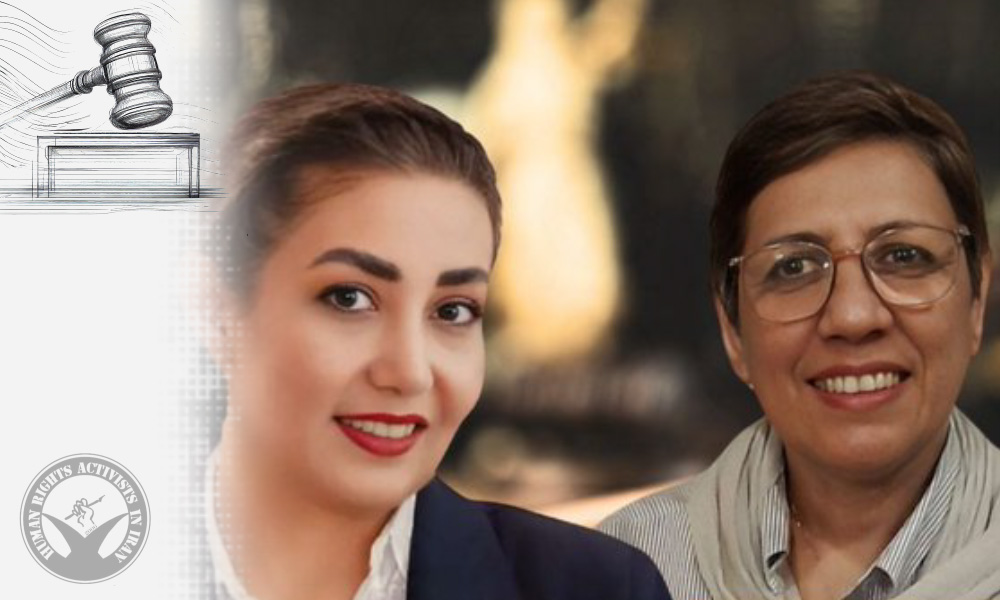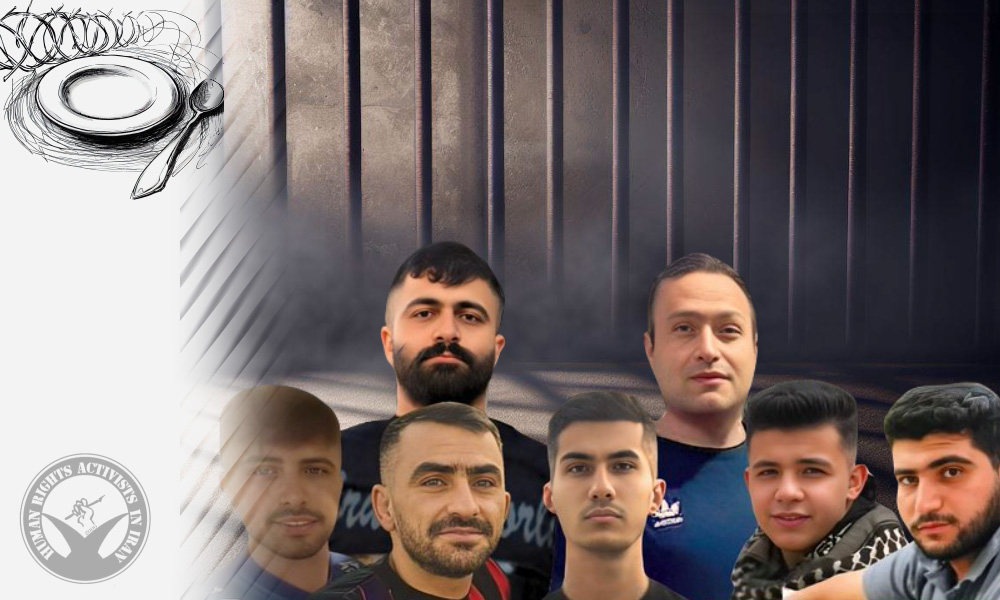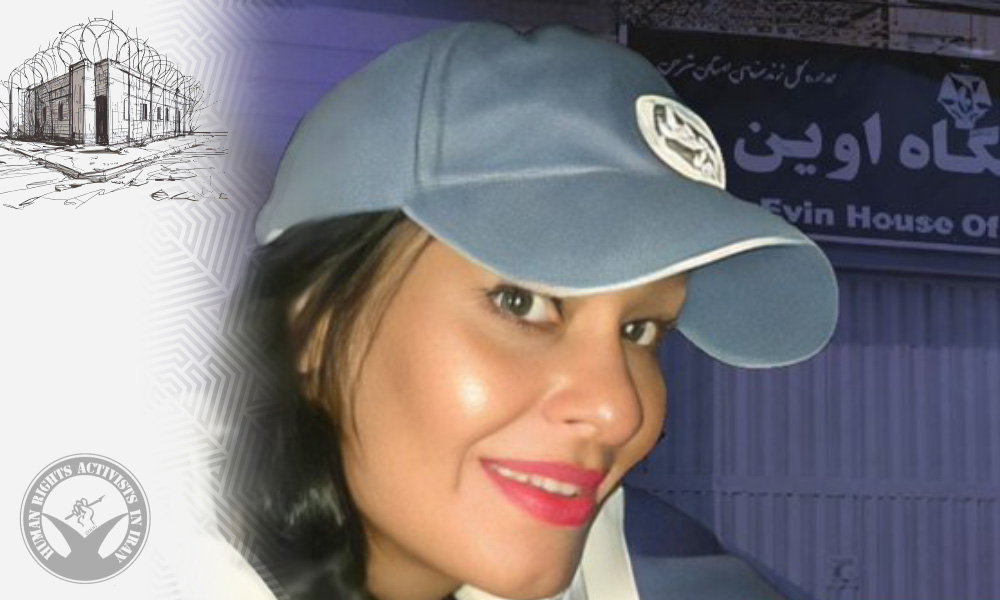On October 30, two prisoners convicted of theft had their sentences of finger amputation carried out in Urmia Prison.
According to HRANA, the news agency of Human Rights Activists in Iran, brothers Shahab and Mehrdad Teimouri were each sentenced by Branch 1 of the Juvenile Court in West Azerbaijan Province to the amputation of four fingers on their right hands, as well as restitution of stolen goods. After being transferred to solitary confinement in preparation, the prisoners were taken to the execution unit in Urmia Prison, where the sentences were executed. They were then transported to Imam Khomeini Hospital in Urmia for medical care.
The Teimouri brothers were initially arrested in 2019 on theft charges and later sentenced to finger amputation by the court. This ruling was upheld in April 2020 by Branch 24 of the Supreme Court, presided over by Judge Mohammad Karami, who confirmed the Teimouri brothers’ sentences but overturned a similar sentence for a co-defendant, Ebrahim Khatibi, ultimately sentencing him to 20 years in prison.
In part of his defense, which HRANA obtained, Mehrdad Teimouri stated, “I admit to theft. I am a thief, but not as recorded by the police. In 2015, I was forced to confess to 11 thefts… I had debts to other victims, which led me to this theft.”
A source close to the case told HRANA, “The initial trial was held on July 24, 2019, in Branch 1 of the Juvenile Court in Urmia, where all three defendants were sentenced to amputation. Following appeals filed by their court-appointed attorneys, the case was referred to the Supreme Court, which confirmed the Teimouri brothers’ sentences in April 2020 and overturned Ebrahim Khatibi’s sentence.”
Due to the involvement of the Juvenile Court, it appears the defendants may have been under 18 at the time of their trial. However, with no official statements and limited access to court records, HRANA continues its independent investigation to confirm this information.
Shahab and Mehrdad Teimouri are from Sarpol-e Zahab and currently reside in Malard, Karaj.
Amputation as a legal punishment violates fundamental principles of human dignity, and the International Covenant on Civil and Political Rights explicitly prohibits inhumane or degrading punishments.




